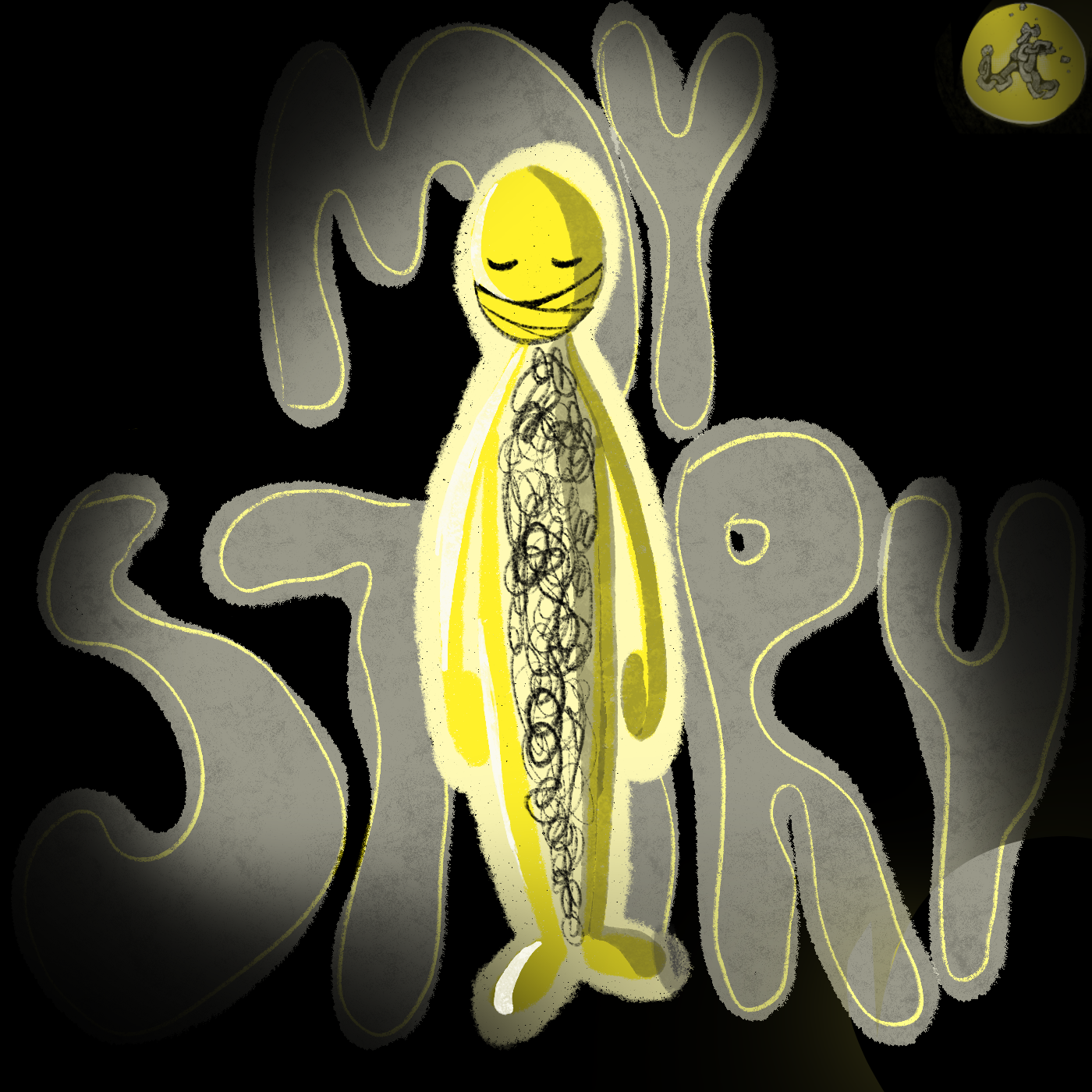Immigration Detention, The Hidden Costs: 1 - Reflection on ‘locked up for a piece of paper’
Posted:
Time to read:
This blog post is written by two students , Monica Monia Mistretta and Cecilie Dyrstad Kvie, who took part in an social justice internship programme organised by the Centre for Social Justice Research (CSJR) at Westminster University, in collaboration with AVID - Association of Visitors to Immigration Detainees. The internship is concluding with the exhibition “Immigration detention: past, present and future”, being held at Westminster University on 26th April for a week, at the reception of Regents Street campus. The Unchained Collective is a group of individuals, some with firsthand experiences of immigration detention and others without, who advocate the transformative power of art to confront the oppressive systems of border violence, and particularly immigration detention. The collective’s driving vision is to end immigration detention for all people, everywhere, recognising it as a violent perpetuation of colonial domination. Most members of the Unchained Collective are based in Britain, where the collective was established in late 2023. This is the second post of a themed series called "Immigration Detention - The Hidden Costs" based on the homonym podcast, of which you can listen to the introduction here.
In this episode Aminata shares the anger she feels at the injustice of being locked up just for the sake of a piece of paper and the hypocrisy of a country that denounces human rights abuses in other countries, whilst perpetrating similar acts of oppression itself. While she connects the UK’s current immigration detention system to its history of colonialism and the desire to silence a particular group of people, she refuses to be broken by the system and shares powerful ideas for alternative approaches.
Monica and Cecilie's reflection whilst listening to Aminata’s podcast, "Locked up for a piece of paper"
This podcast episode unfolds Aminata’s experience in a immigration detention centre. She had applied for permanent residency to continue living and working in the UK. However, she got detained while waiting for a decision from the Home Office. Detaining people has a huge economic impact on UK citizens and society at large. The government spends a lot of money from public funds to pay for these dehumanising sites. As active members of society, we are all responsible for doing something in the face of such injustice. During Covid-19, detention centres were nearly empty. This proves that detention centres are not necessary, and that other alternative approaches can be adopted, without criminalising and dehumanising people. Aminata actively works to raise awareness of immigration detention centres with the hope of them being abolished. We hope that too. Her experience was tough to listen to, however, we felt empowered as she decides to refuse the criminal label and fight for making the situation more humane for other people who are going through detention as she did. She is fighting to make the UK a more just and fair society.
The interview with Aminata about her experience of participating in the podcast creation:
There were some challenges when making the podcast, because talking about it brought back memories of the tough time she had gone through while in detention. When she was released from detention, she was advised to keep quiet, as speaking out against the system could affect her case. However, having already been criminalised, Aminata decided to speak up, as many people are not aware of what is happening in detention centres. Talking about your own experiences is a great way to raise awareness, and that is why Aminata decided to take part in the podcast. Doing the podcast felt natural for her, however, while she is comfortable talking about and sharing her experiences, she finds it difficult to listen back to her story. Aminata’s wish with the podcast is that people will listen to her voice, her story, instead of listening to the story others want to tell about her. She hopes that she can reach out to people who do not know that much about detention centres and raise awareness of the damages this harmful system causes. Moreover, Aminata also highlights the waste of resources in terms of public money because detention centres are very expensive, and such costs cannot be justified. Charities focus on the traumas and the psychological harm that people in detention experience, which is important to emphasise, but Aminata also highlights the economic impact on the UK society as a whole.

Aminata is hoping to reach out particularly to young people. After being released from detention, she visited a college where most students were rich and had connections to policymakers, in other words, they have power and are in positions to influence others. The students were shocked to learn, through listening to her experiences, of the existence of detention centres in the UK. Aminata hopes that in the future, when these students are themselves in positions of power, they will remember her story of the damaging impacts of detention and work to make a difference. She encourages people who are in the same situation as she was, to speak out. She highlights that whilst it is understandable that black people choose not to speak out, as they fear being stigmatised within their community, that black communities have always been the target of state and police violence, and to change this, the people themselves need to speak out. The system in this country needs to change, but there will not be a change if people are silenced and their experiences made invisible. People need to speak out to raise awareness, and hopefully we can see a change and dismantle detention centres and the silences surrounding this harmful system.
You can listen to the introductory episode embedded above, on Acast, and on Apple Podcasts.
Share:








